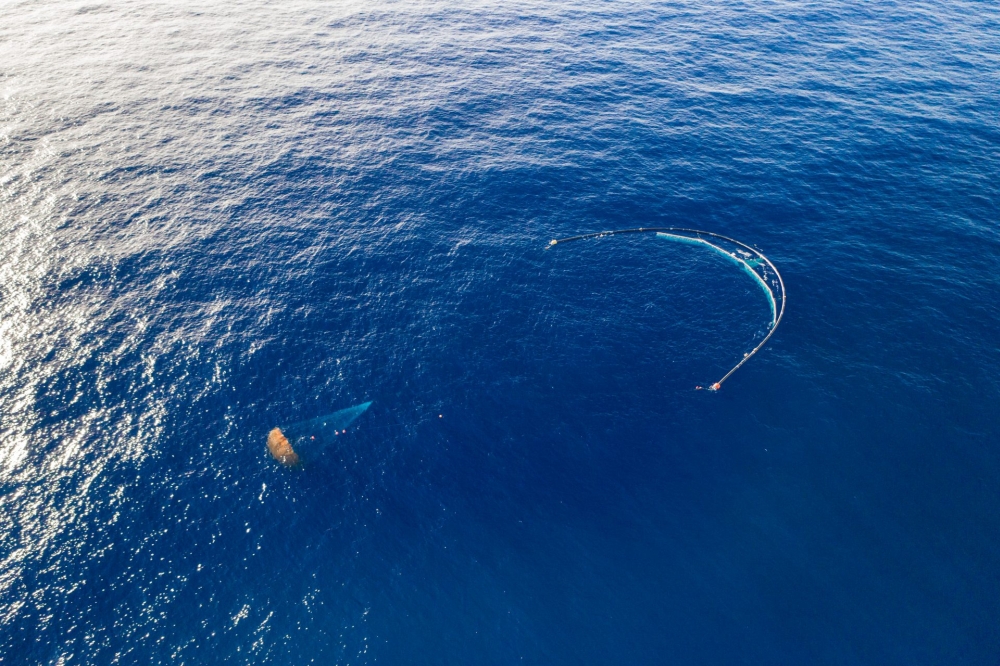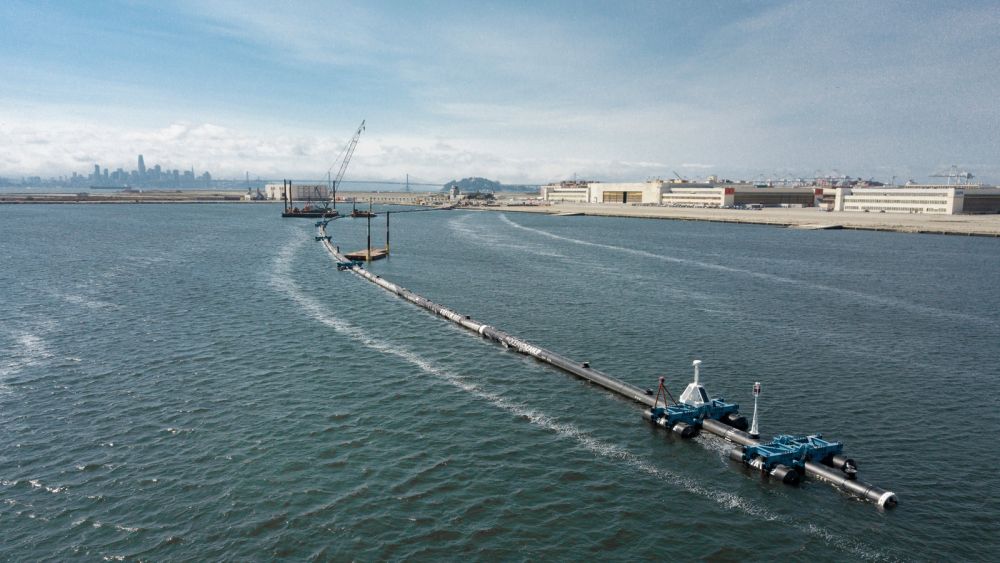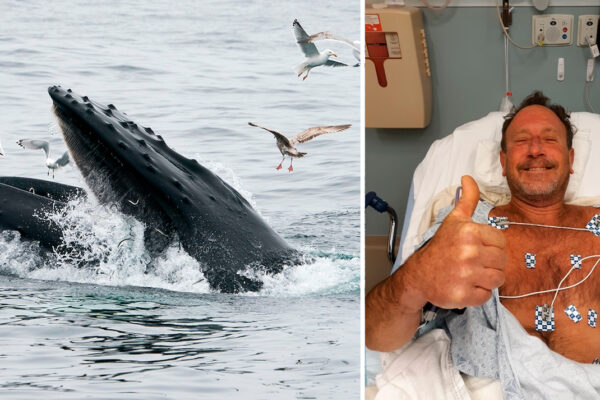Creating the Ocean We Want: United Nations Ocean Decade’s Iconic Launch
The oceans play a key role to solve three significant global issues – protecting biodiversity, sustainable economy and regulating the climate. The oceans today regulate climate change, absorb a fraction of carbon dioxide and host biodiversity, providing food for many.
But these activities are threatened by pollution and human activities. If these activities are not curbed, at this rate, the natural capital of the ocean will decline immensely.
Keeping this in mind, in June 2017, UNESCO’s Intergovernmental Oceanographic Commission (IOC) adopted a resolution for the “Ocean Decade“. United Nations General Assembly stated that 2021-2030 is declared as a Decade of Ocean Science for Sustainable Development.
Also Read: UK Launches World’s Largest Ocean Monitoring System to Protect Marine Biodiversity
The IOC and UN Ocean Decade collaborated over the bold vision of “the science we need for the ocean we want” with the mission “to catalyze transformative ocean science solution for sustainable development, connecting people and our ocean.”

Image: The Ocean Cleanup
It is reported that there is a requirement for huge transformation to achieve targeted outcomes of the UN Ocean Decade. Positively, many promising ocean solutions have been proposed that can benefit people, nature and the economy.
One such proposal was regenerative ocean farming focused on species like shellfish and seaweed that do not require regular monitoring. It can be done in some parts of Asia but not globally, due to weather conditions.

Image: The New York Times
Sustainable management of the fisheries is also required and cannot be neglected. It requires information management with political action. Additionally, ocean transport is also a key global economic sector. With increasing global trade, the reduction of greenhouse gases is essential.
The Ocean Decade is a one-in-a-lifetime opportunity for all scientists. There needs to be a continuous series of scientific revolutions. The ocean-related obstacles and opportunity have never been larger than it is today.
Via: The Conversation


